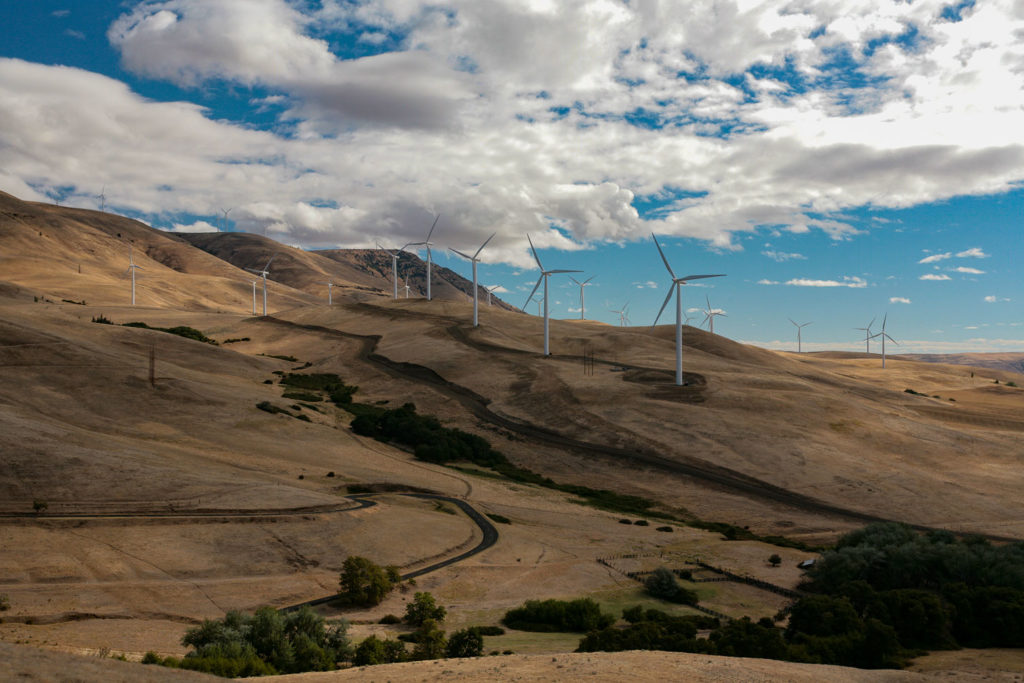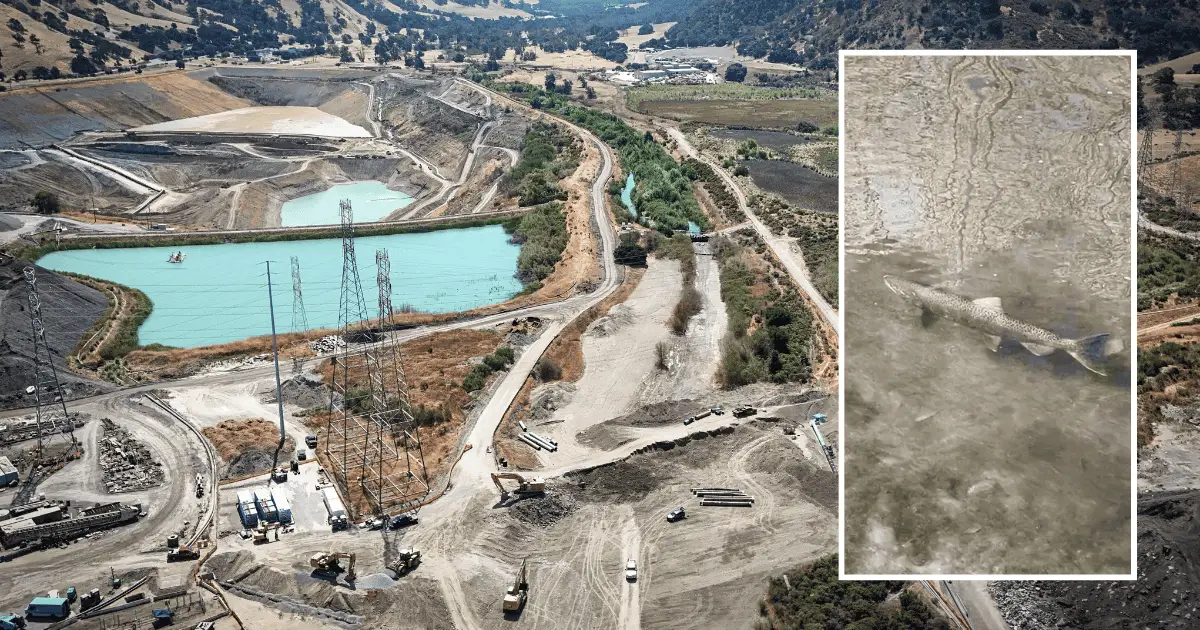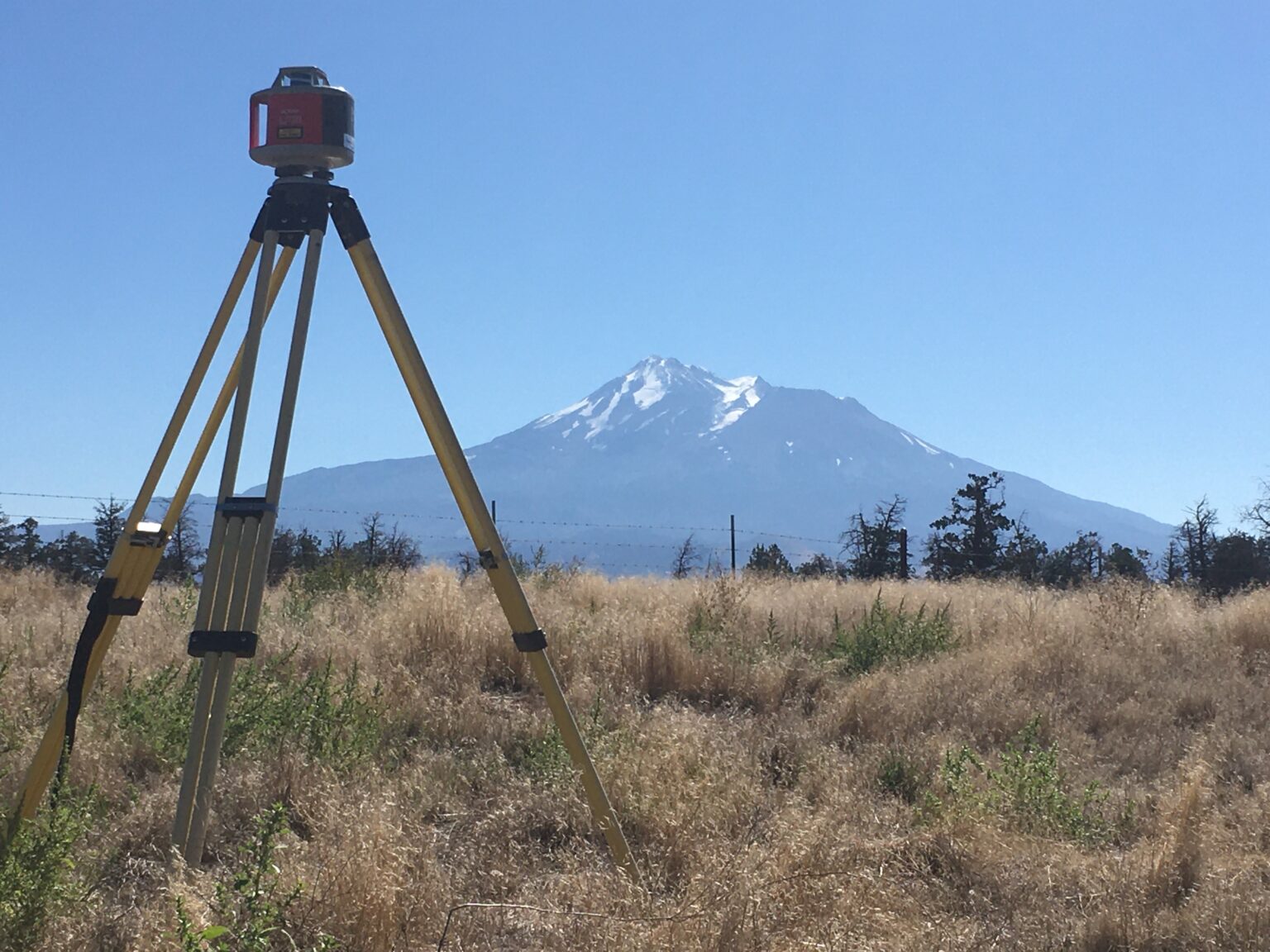The Coalition believes that there is an urgent need to move away from fossil-fueled energy. This includes hydropower, which is well documented as producing significant amounts of methane.
All energy development has environmental and social impacts. New sources of renewable energy, regardless of type, must be sited and developed in a manner that protects the local environment. We believe that the following general principles must guide our transition toward renewable energy.
Guiding Principles for Renewable Energy Development
- Greenhouse gas (GHG) emissions are driving climate change, which in turn harms the environment and the rivers that our organizations are committed to protecting. We therefore must act quickly to reduce our dependence on fossil fuels.
- We should not, in the name of renewable energy development, destroy the very resources we are trying to protect from the effects of climate change.
- Our country’s first priority should be conservation and efficiency. Cutting consumption is the cheapest and most effective way to cut the use of fossil fuels.
- Our second priority should be to require that fossil fuel generation either be restricted or forced to pay the full costs associated with their use (i.e. a carbon cap or a carbon tax)
- Our third priority should be to encourage the use of new renewable energy technologies.
- We must understand that renewable energy technologies are not a panacea. All energy generation technologies consume resources. The siting of energy projects can cause significant environmental damage.
- Renewable energy policies should encourage energy development that minimizes harm to local ecosystems and promotes energy conservation.
- We must recognize that climate change is also exacerbated by other anthropogenic activities such as deforestation that destroy carbon sinks.
Guiding Principles for Renewable Energy Policies
The Coalition is also supportive of providing incentives for new renewable energy sources through new and/or improved public policies. However such policies should be guided by two important premises.
- Renewable energy policy should focus on encouraging innovation – supporting development of new, low-impact sources of energy, not on rewarding existing development.
- Renewable energy policies should not allow utilities to use existing energy generation to avoid investing in more renewables or energy conservation measures.
Hydropower and Renewable Energy Policies
The Coalition believes that it is appropriate for renewable energy policies to encourage hydropower development if the following principles are adhered to:
- Renewable energy policies should not result in environmental damage to rivers.
- Hydropower capacity added to existing dams may be acceptable for reward or incentives under renewable energy policies if the following conditions apply:
- The hydropower project does not rely on harmful or unsafe dams or structures that should otherwise be removed.
- The development of new hydropower capacity should never result in new diversions or impoundments of water and no enlargement of existing diversions and/or impoundments.
- The development of new hydropower capacity should never result in flow alterations as the result of the new capacity unless the changes in flow improve the environmental quality of the project-affected reaches.
- Renewable energy policies must not reward or encourage hydropower dams that fail to provide fish passage. This means that if there are migratory fish present at the dam, the dam must have effective, operational fish passage, unless passage would actually cause environmental harm (e.g., to prevent the spread of invasive species).
- The hydropower project must be in compliance with all applicable laws and regulations.
- Renewable energy policies should not provide incentives for the following types of hydropower capacity under any circumstances:
- New dam construction.
- Capacity added to existing dams through operational changes (e.g. a change to a release schedule).
New Hydropower
- Renewable energy policies must not, under any circumstances, create incentives for the construction of new dams or diversions, regardless of where they are sited. New dams and diversions will create unacceptable stress on already overstressed ecosystems. We will vigorously oppose any attempt under any circumstances to provide “renewable” incentives to any projects that involve new dams or diversions.
- There is a place for new conventional hydropower development in our nation’s renewable energy policy, but such development should be limited to projects that use existing infrastructure and do not place additional stress on river ecosystems.
- Not enough is known about the impacts of emerging “damless” hydrokinetic or other alternative hydroelectric generation technologies. We regard these technologies with cautious optimism, and support increased research into these technologies as well as demonstration projects that will help us understand how these technologies will interact with the environment.
Existing hydropower
- Renewable energy policies should favor new hydropower capacity over existing capacity. Existing hydropower dams do not need incentives to encourage their development, since they have already been built. Incentives given to these projects will not encourage additional energy generation or development of new innovative forms of renewable energy.
- However, it may be appropriate for renewable energy policies to reward existing hydropower projects that can demonstrate superior environmental performance and encourage investments in measures that will improve environmental performance. Additionally, capacity of a project should not be a criterion to incentivize hydropower projects because often times low capacity projects can have big impacts.
- Renewable energy policies should encourage existing facilities to improve their performance and minimize their impacts by supporting additional generation added through efficiency improvements to existing hydropower dam- so long as those changes do not create new adverse impacts to streamflow.




